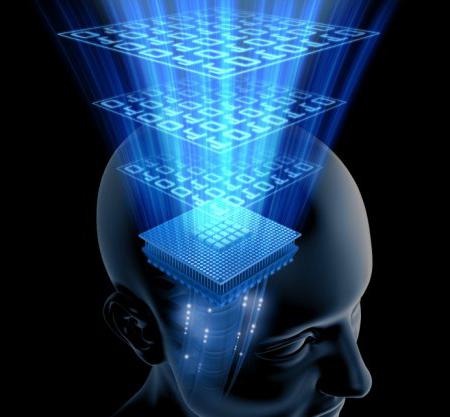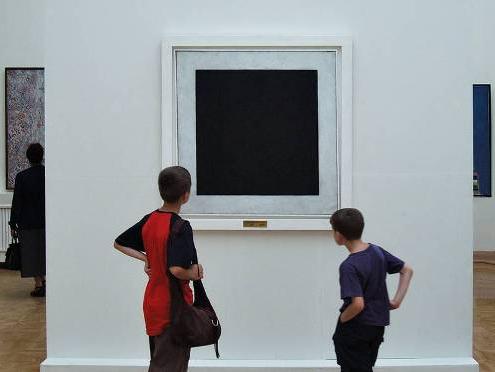Logical square, or Exception of the third

A logical square is a diagram, clearlyIt shows how true and false judgments interact with each other when the broader one includes a narrower one. If a broader judgment is true, then the narrower judgment included in it is all the more true. For example: if all the Greeks are slender, then the Greeks living in Athens are slim too. If a narrower judgment is false, then a broad judgment, which includes a narrower or more concrete one, will be no less false. The statement that all people who weigh no more than 70 kilograms live in Athens is false, which means that the broader one that all the slender people live in Greece is also not reliable.
The law of exclusion
The rules of a logical square are easy to rememberand are based on one important logical law - the law of exclusion of the third: if the judgment is true on one hand, then on the other it is false and vice versa. A statement can be either true or false, and, accordingly, its denial is true or false. There are no other, third options. The saying "All cars are red" is false. Hence, the saying "Not all cars are red" is true. And here comes the magic word "some", which almost always turns a false statement into a true one: "Some machines are red."

Square and cross
To assimilate the rules of a logical square by ear, it should also be remembered that the logic of the machine from the above statement is called a subject, and red is a predicate.
A predicate as an attribute of a subject can beverb or quality. Or another quality that is attached to the subject using the verb-bundle "essence". It looks like a logical square, like a square. This is not surprising. The angles of the square are marked with the letters A, E, I, O. And opposite to E, I is partially compatible with O, I is subordinated to A, and E dominates O. The square is crossed by two lines of contradictions. Using the mechanics of a square, one can work with judgments. This tool is more important to the lyricists than to physicists, physicists have everything strictly, and the lyrics constantly need mechanisms that allow them to question and verify the truth of their judgments. Of course, in the world of lies and ambiguity, the beauty of truth and the desire to achieve it at any cost have been somewhat lost, but in some cases (in court, in traffic, in patching) objective truth has its own value.

Square in history
Logic as a science was founded by the ancient Greeks.They were very fond of arguing, and debaters are always annoying if the opponent is not right. The laws of logic were created by the Greeks in order to visually explain to the opponent that he was mistaken.
A logical square was invented and put into usethe Greek philosopher Mikhail Psell in the 11th century, much later than the time when Socrates invented scholasticism. It is obvious that for a while the concept of absolute truth was not necessary for the Greeks, and only in times of universal clarity was invented a logical square. Examples, which are usually given in the description of his scheme, are almost all based on Aristotelian logic, but they contain elegant Byzantine generalizations.









